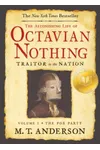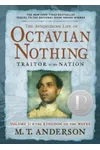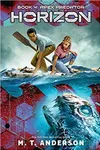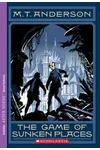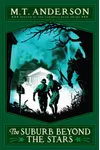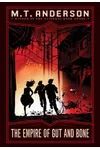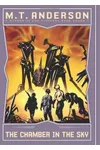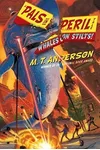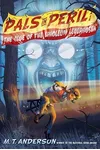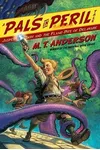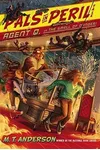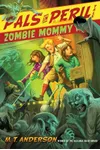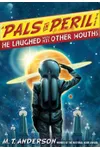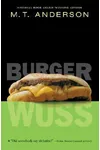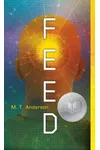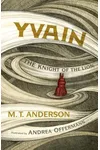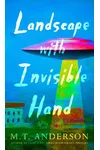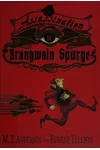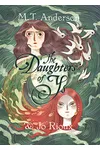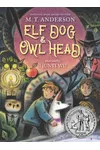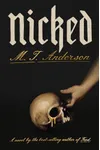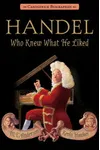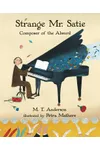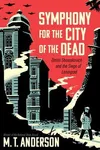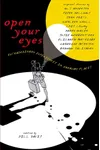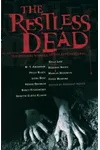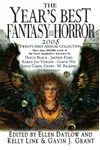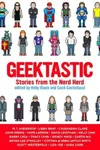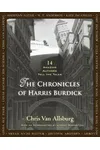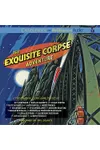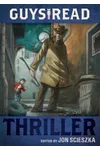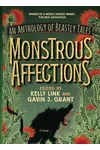Picture an American storyteller who spun a dystopian tale where teens are wired to a relentless internet feed—meet M.T. Anderson! Born Matthew Tobin Anderson in 1968, this literary chameleon from Cambridge, Massachusetts, crafts stories that dance across genres, from young adult sci-fi to historical fiction. With wit, satire, and a knack for challenging readers, Anderson’s work, like the award-winning Feed and The Astonishing Life of Octavian Nothing, invites us to question society, identity, and the human spirit.
Anderson’s stories aren’t just books—they’re thought experiments that linger. His ability to blend sharp humor with deep themes has earned him a National Book Award, multiple Printz Honors, and a devoted following. Let’s dive into the life and legacy of this Boston-based author who’s been captivating readers of all ages.
The Making of M.T. Anderson
Growing up in Stow, Massachusetts, Anderson was surrounded by apple orchards and Revolutionary War history, sparking his love for storytelling. His father, an engineer, and his mother, an Episcopal priest, nurtured a creative household. He attended St. Mark’s School, Harvard, Cambridge University, and Syracuse, where he honed his craft. Before his debut novel Thirsty (1997), Anderson worked at Candlewick Press, moonlighted as a DJ, and critiqued music for The Improper Bostonian. These eclectic experiences shaped his unique voice, blending pop culture, history, and satire.
M.T. Anderson’s Unforgettable Stories
Anderson’s bibliography is a genre-hopping adventure. Feed (2002), a dystopian masterpiece, imagines a future where teens are tethered to a mind-controlling internet chip. Its biting satire on consumerism earned it a Los Angeles Times Book Prize and a National Book Award finalist spot. The Astonishing Life of Octavian Nothing series (2006–2008), set during the American Revolution, follows a young enslaved boy raised as an experiment. The first volume, The Pox Party, won the National Book Award for its haunting prose and historical depth.
For younger readers, Anderson pens picture books like Handel, Who Knew What He Liked, a witty biography of the composer, and adventure novels like The Game of Sunken Places. His nonfiction work, Symphony for the City of the Dead, chronicles Shostakovich’s Leningrad Symphony amid World War II, showcasing his ability to weave history with human drama. Anderson’s style—sophisticated, satirical, and richly researched—challenges readers to think critically, whether they’re teens or adults.
His latest work, Nicked (2024), is a medieval heist tale about a monk and a treasure hunter chasing Saint Nicholas’s bones. Critics praise its blend of humor and historical intrigue, proving Anderson’s versatility never wanes. His stories, often laced with music and dark humor, reflect his belief that young readers can handle complex ideas.
Why M.T. Anderson Matters
Anderson’s impact lies in his fearless exploration of big questions—consumerism, freedom, identity—wrapped in accessible, engaging narratives. His work resonates with teens and adults alike, urging them to question the world around them. By trusting young readers with mature themes, he’s redefined young adult literature as a space for intellectual growth. His awards, including a Newbery Honor for Elf Dog & Owl Head, reflect his influence, while his advocacy for literacy through the National Children’s Book and Literacy Alliance amplifies his legacy.
Anderson’s stories don’t just entertain—they provoke. His dystopian visions warn of unchecked technology, while his historical novels uncover the complexities of the past. In a world craving quick answers, Anderson’s nuanced tales are a refreshing call to think deeper.
About M.T. Anderson
- Born: November 4, 1968, in Cambridge, Massachusetts
- Key Works: Feed, The Astonishing Life of Octavian Nothing, Symphony for the City of the Dead
- Awards: National Book Award (2006), Los Angeles Times Book Prize, Newbery Honor (2023)
- Fun Fact: He’s a self-proclaimed 'frustrated composer' with a love for music that infuses his writing.
Snag Feed or Nicked and dive into M.T. Anderson’s brilliant blend of satire, history, and heart!
